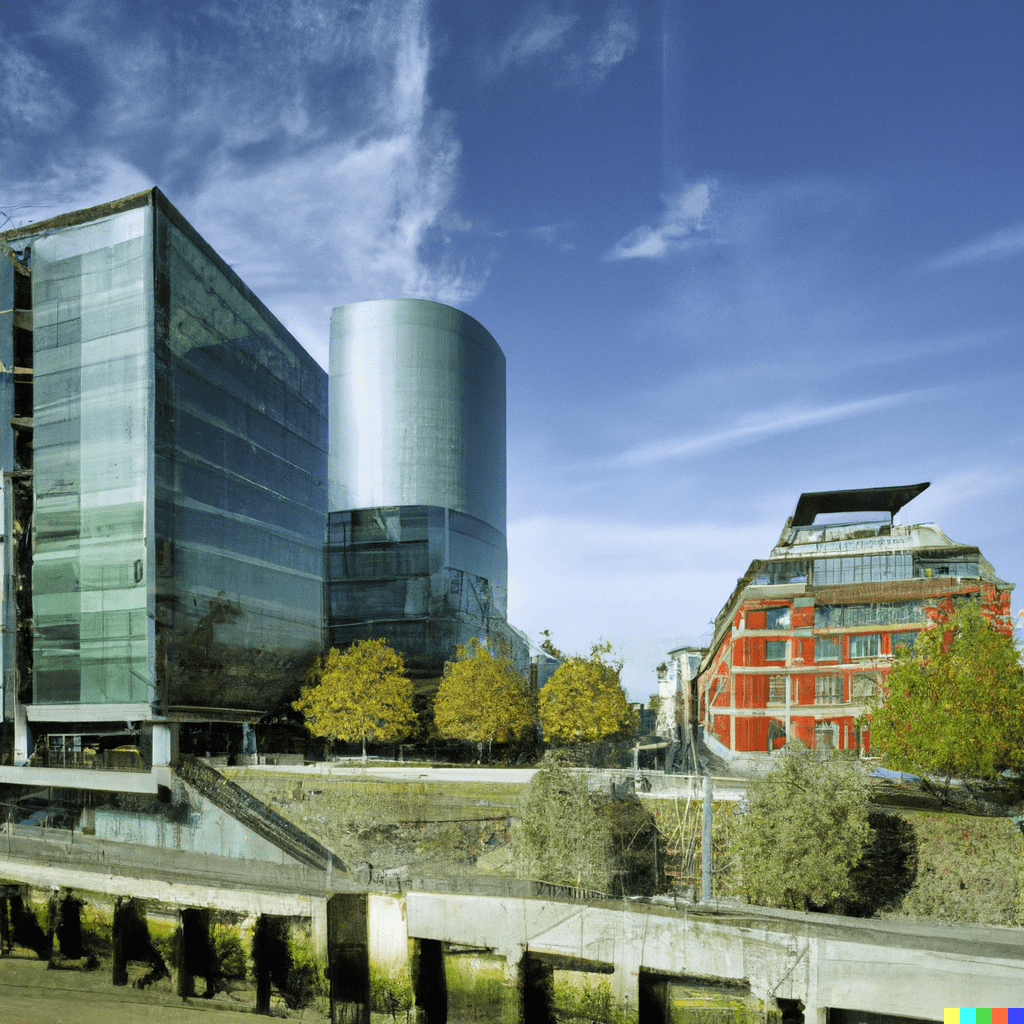The United Kingdom and Remote Work: A Detailed Exploration from Historical Roots to Futuristic Visions

1. Introduction
The United Kingdom, known for its iconic landmarks, distinct culture, and historical significance, has long been a hub for global change and innovation. From ancient monarchies to industrial transformations and technological revolutions, this nation has seen it all. Now, as the world finds itself amidst a digital era, the UK's perspective on remote work has become particularly intriguing. The following sections provide a comprehensive view of the nation's transition over the centuries and its evolving work culture.
2. From Farms to Factories: The Agricultural and Industrial Evolution
Before factories dominated the landscape, the UK was synonymous with rolling fields and agricultural feats. Farming was interwoven into the very fabric of life. Every family had a role, every village had a shared purpose, and seasons determined the rhythm of life. This communal, agrarian society thrived on face-to-face interactions and tangible outputs. However, the Industrial Revolution heralded a massive shift. Machines overshadowed manual labor, villages transformed into bustling cities, and proximity became pivotal. Work culture underwent a sea change: it was no longer about the land and the community but about factories, timetables, and production lines.
3. The Corporate Climb: 20th Century Work Culture
Following the industrial upheaval, the 20th century witnessed another profound transformation: the rise of the corporate culture. Tall buildings in cities like London, Manchester, and Liverpool symbolized dreams, aspirations, and new-age ambitions. Cubicles replaced open fields, and meetings became the new community gatherings. The predictable 9-to-5 work routine created a semblance of stability but at the cost of personal freedoms. The concept of work-life balance was in its infancy, with most people dedicating vast chunks of their lives to their jobs, leaving little room for personal pursuits or family time.
4. The Digital Dawn: The Late 20th Century Transformation
The latter part of the 20th century brought with it a technological renaissance. Computers started making their way into homes and offices, and the World Wide Web connected people in previously unimaginable ways. Work began to transform once again. Emails replaced memos, digital databases overtook filing cabinets, and video calls began bridging geographical divides. Companies started realizing the potential of a global workforce, unhindered by physical boundaries. This era planted the seeds for a more flexible work culture, hinting at the possibilities of a remote-first approach.
5. The 21st Century: Rise of Remote Work
The new millennium heralded an era of unprecedented technological advancements. The UK, with its rich history of adapting to change, embraced the concept of remote work with enthusiasm. High-speed internet became more accessible, cloud solutions democratized data storage and accessibility, and collaborative tools bridged the gaps between dispersed teams. The tech hubs of London, Manchester, and Edinburgh witnessed a surge in startups that didn’t just adopt but actively championed remote working, realizing that talent wasn't geographically constrained. This shift in perspective wasn't merely logistical. It marked a significant cultural shift, valuing output over hours and autonomy over strict supervision.
6. Infrastructure: The Backbone of the Remote Revolution
The dream of a remote-work-enabled UK would have remained just that - a dream - without the supporting infrastructure. The government, in collaboration with private entities, invested heavily in a state-of-the-art digital network. Broadband connections reached even the remotest corners of the British Isles, ensuring connectivity parity. This emphasis on infrastructure wasn’t just about cables and data speeds. It was about fostering a national ecosystem where innovation wasn't restricted by location, and opportunities weren't a privilege of the urban elite.
7. Challenges on the Remote Frontier
Every significant transformation comes with its set of challenges, and the shift to remote work was no exception. With workers logging in from diverse locations, cybersecurity became paramount. Protecting sensitive data, ensuring secure connections, and educating employees about potential threats became organizational priorities. Beyond the technical aspects, there were human challenges. Feelings of isolation, the struggle to demarcate personal and professional boundaries, and digital fatigue began surfacing. Organizations realized that remote work wasn't just a logistical shift; it demanded a comprehensive, empathetic approach that addressed these nuanced challenges.
8. The Hybrid Model: Best of Both Worlds
As the dust settled and organizations got a taste of full-time remote work, a new model began to emerge: the hybrid model. The idea was to combine the traditional office's structure and camaraderie with remote work's flexibility. Spaces underwent transformation. Offices became hotspots for collaboration, innovation, and team-building, while homes became sanctuaries for focused, individual work. This model provided a balanced approach, catering to diverse employee needs, ensuring that neither the collaborative spirit was lost nor the newfound flexibility.
9. Education and the Remote Wave
Recognizing the seismic shift in the work landscape, the education sector in the UK began to evolve. Traditional curriculums were infused with digital tools and remote collaboration lessons. Universities started offering courses in digital communication, remote team management, and cybersecurity. The aim was clear: to prepare the next generation for a world where remote work would be the norm, not the exception. By doing so, the education system ensured that the UK's future workforce would be equipped, adaptable, and ready for global collaboration.
10. Conclusion: The Road Ahead
The UK's journey from agrarian roots to a remote work powerhouse serves as a testament to its enduring spirit of adaptation and innovation. As boundaries between office and home blur, and technology continues to evolve, the nation stands at the cusp of yet another transformation. The next chapters in this story will undoubtedly bring new challenges, but if history is any indication, the UK is more than equipped to navigate this evolving landscape, leading the way for others to follow.


